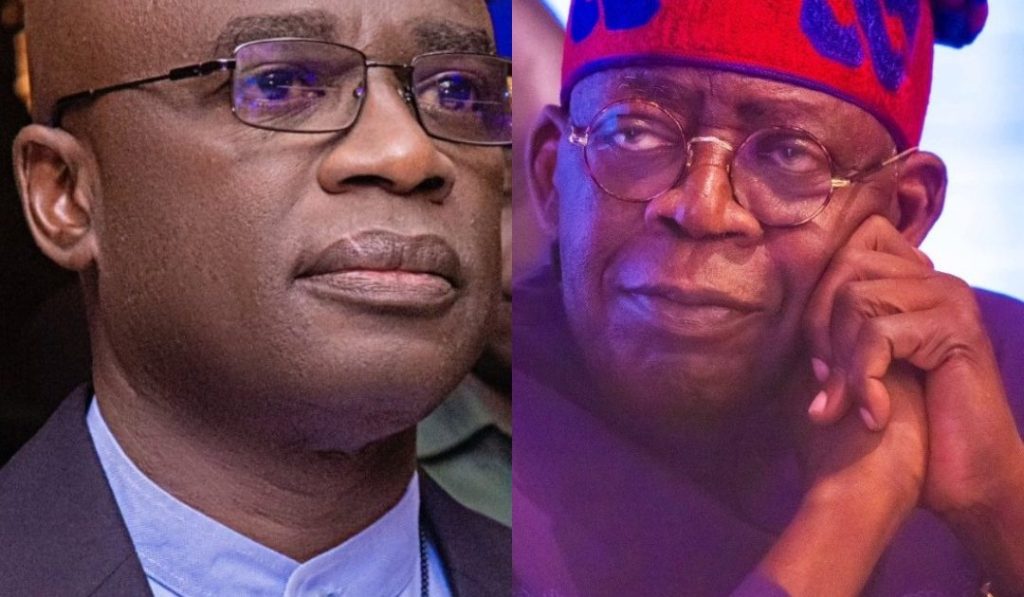Benue State Crisis: A Deep Dive into the Conflict and Presidential Intervention
Benue State, located in central Nigeria, has become a tragic epicenter of recurring violence, primarily stemming from clashes between farmers and herders. These conflicts, often rooted in competition for land and resources, have escalated into a cycle of attacks and reprisals, claiming countless lives and displacing thousands of residents. The latest wave of violence, which occurred in late May 2023, saw a horrific attack on Yelewata village in Guma Local Government Area, resulting in the reported deaths of over 100 individuals, with many more missing or injured. This incident underscores the urgent need for decisive action to address the root causes of the conflict and implement sustainable peacebuilding measures.
President Bola Tinubu, deeply concerned by the escalating violence, has taken a multi-pronged approach to address the crisis. He immediately directed security chiefs to implement his earlier mandate to restore peace and security in Benue State. This directive prompted the deployment of intelligence agencies, police, and military personnel to the state to oversee security operations and restore order. Recognizing that a purely security-focused response is insufficient, President Tinubu also tasked Governor Hyacinth Alia with initiating reconciliation meetings and dialogue between the warring factions. This emphasis on dialogue aims to foster understanding, address grievances, and pave the way for lasting peace and coexistence among farmers, herders, and communities.
President Tinubu, in a strongly worded statement, condemned the killings and bloodshed in Benue State as inhumane and detrimental to progress. He called upon political and community leaders to refrain from inflammatory rhetoric that could exacerbate tensions. Recognizing the potential role of political actors in fueling the conflict, he urged them to restrain those who incite violence and retaliatory attacks. Emphasizing the importance of collaborative leadership, he called on Governor Alia to act as a statesman and spearhead the reconciliation process.
The President’s directive builds upon previous efforts to address insecurity in the country. Just a month earlier, Chief of Defence Staff, General Christopher Musa, outlined a collaborative strategy involving state governors to enhance military operations across various states. This approach acknowledges the critical role of local authorities in understanding the nuances of local conflicts and facilitating effective interventions. The President’s directive underscores his commitment to tackling the root causes of the conflict through a comprehensive strategy that combines security measures with community engagement and reconciliation efforts.
The underlying causes of the conflict in Benue State are complex and multifaceted. Competition for land and resources, particularly grazing land, has fueled tensions between farmers and herders for generations. Climate change, with its attendant effects of desertification and drought, has exacerbated these tensions by shrinking available grazing lands, forcing herders to move further south in search of pasture, often leading to encroachment on farmlands. The absence of clearly defined land rights and inadequate conflict resolution mechanisms have further complicated the situation, allowing disputes to escalate into violence.
Addressing the crisis in Benue State requires a comprehensive, long-term strategy that tackles the root causes of the conflict. Securing peace and stability will necessitate a combination of security measures, community engagement, and socio-economic interventions. Strengthening security forces and deploying them effectively to protect communities and prevent further violence is crucial. Equally important is the need to promote dialogue and reconciliation between farmers and herders. This involves creating platforms for communication, addressing grievances, and fostering mutual understanding.
Furthermore, addressing the socio-economic factors that contribute to the conflict is essential. This includes implementing land reforms to clarify land ownership and usage rights, promoting sustainable agricultural practices that minimize resource competition, and providing economic opportunities for both farmers and herders. Investing in education and awareness campaigns can also help to dispel stereotypes and promote peaceful coexistence. The international community can play a supportive role by providing technical assistance, capacity building, and financial resources to bolster the government’s efforts.
The recurring violence in Benue State serves as a stark reminder of the fragility of peace and the devastating consequences of unresolved conflicts. The situation demands a concerted effort from all stakeholders – government, community leaders, security forces, and the international community – to address the root causes of the conflict and build a sustainable peace. The President’s directive is a positive step in this direction, but its success will depend on sustained commitment, effective implementation, and the active participation of all involved parties. The ultimate goal is to create an environment where farmers and herders can coexist peacefully, share resources equitably, and contribute to the development of a prosperous and stable Benue State.


